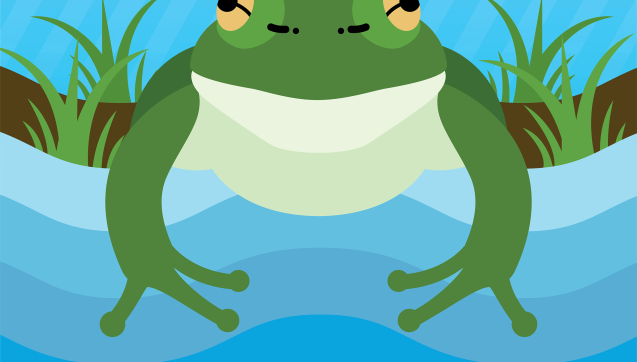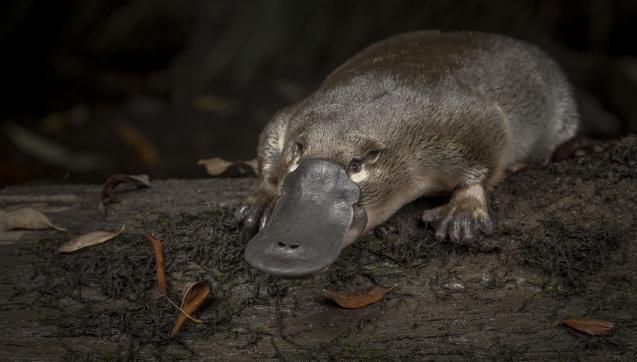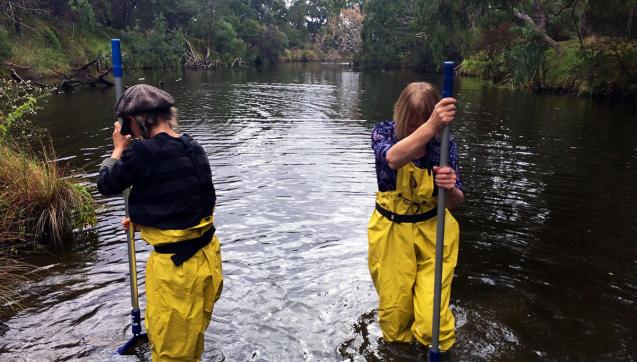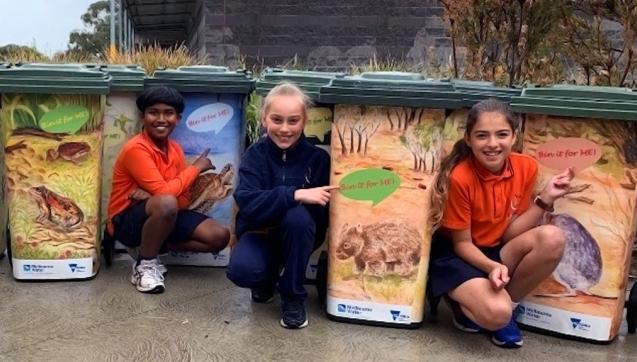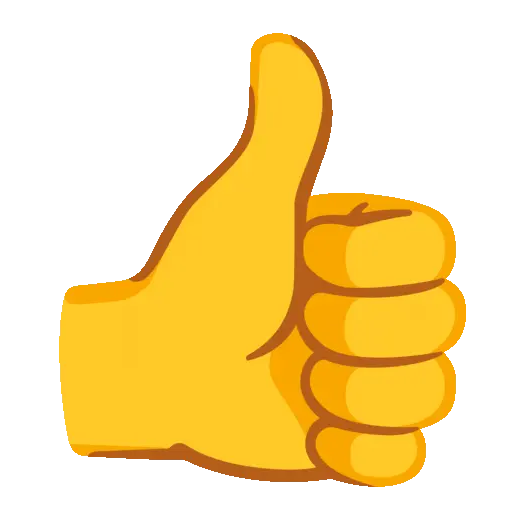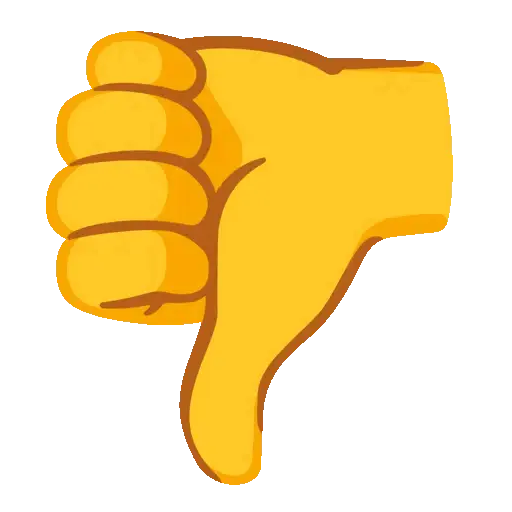Volunteer with our citizen science programs and protect your local waterway or environment. There are plenty of ways to help: from monitoring wildlife to sampling water quality, or building your knowledge at our webinars and events.
Citizen science actively contributes to important scientific work through data collection and/or analysis. You don't need a scientific background or technical knowledge, just availability and a desire to make a difference. You might also be interested in volunteering with Landcare.
Stay informed
Learn more about our programs and be notified of training and events: sign up to our Waterwatch newsletter.
